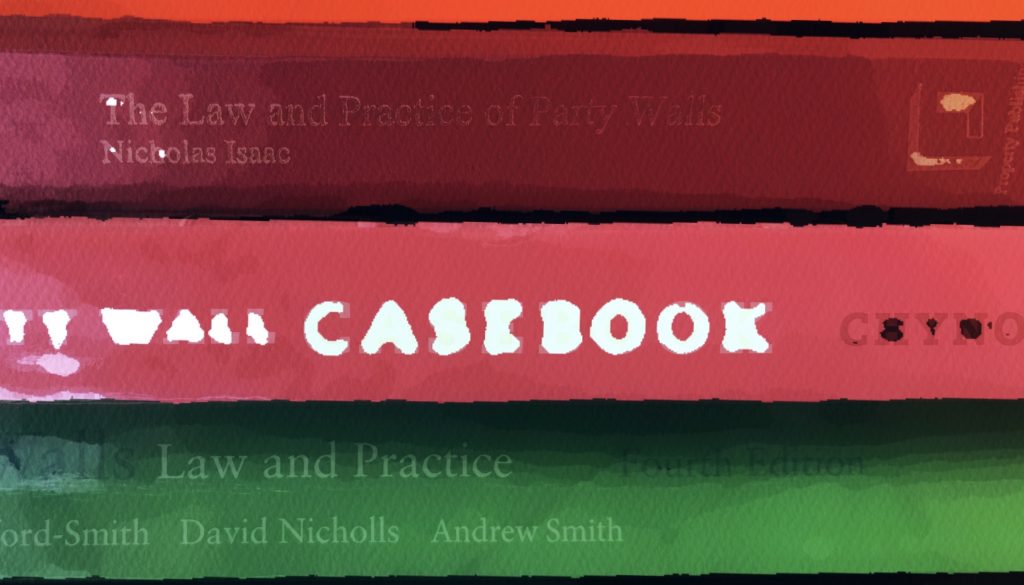Party walls; jurisdiction; investigatory works; access
Case Summary:
Mr Ash (“Mr A”) owned the leasehold and a share of the freehold of 56A Collingbourne Road (“56CR”) and Mrs Trimnell-Ritchard (“Mrs T-R”) owned the freehold of 58 Collingbourne Road (“58CR”). Mrs T-R was suffering from a leak through her basement ceiling, which she believed was caused by Mr A’s extension being attached to the party wall.
Mrs T-R was the BO and served a notice on 18 June 2019. The notice was expressed to be served under section 2(2)(b) and stated:
“The proposed works are to carry out repairs to address a problem of water leakage into the building owner’s property, thought to be caused by the connection of a side extension to the party wall by the adjoining owner, to carry out repairs of internal damaged finishes and decorations.”
Mr A dissented and surveyors were appointed and selected. After an inspection of the property did not reveal the cause of the leak, Mr A’s surveyor suggested that a damp specialist should be instructed to diagnose the cause of the leak. Mrs T-R’s surveyor did not agree, but instead persuaded the third surveyor to make an award (“the Award”) with him – under section 10(10) – authorising opening up works on Mr A’s property for the purposes of investigating the source of the leak (and which envisioned a subsequent specification of repair works being drawn up).
Mr A appealed the Award on several grounds, but the primary ground, and the basis upon which he succeeded, was that the Award purported to authorise exploratory work, which the Act does not give the surveyors jurisdiction to do. Although this was undoubtedly correct in the context of the works authorised in the award in this case, it should be noted that trial pit excavations are certainly capable of authorisation in an award under section 6 of the Act.
The judge characterised the Award’s provisions as the surveyors purporting to deal with a common law nuisance, something that was clearly beyond their jurisdiction.
The Award also contained two other provisions which the judge found to be wrong/unlawful, and which warrant mention.
First, the Award provided for a 5-day time limit (after the opening up) after which, if Mr A had not disputed that the cause of the leak was his extension, he would automatically be held liable for the leak, and the costs of its repair. The judge considered this provision, amounting to a presumption of liability, to be wrong. Although he did not expressly name it as such, this would probably constitute a breach of natural justice.
Secondly, the Award provided for Mrs T-R to have access to Mr A’s property, i.e. outside the scope of the provisions of section 8 of the Act. The judge held that the surveyors had no jurisdiction to award for access outside the provisions of section 8, which contain “no obvious gaps”.
The appeal was allowed and the Award was set aside.
A full copy of the judgment can be found here.
